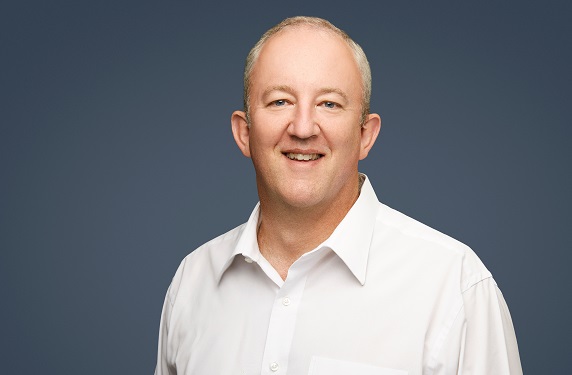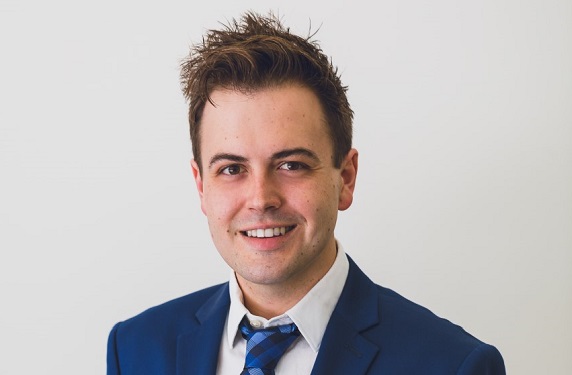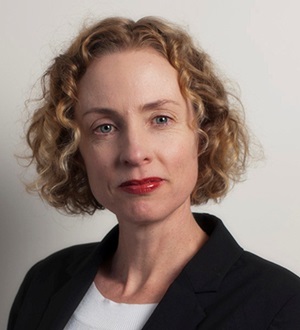WA has a strong history of pursuing collaborative research opportunities, including with industry to develop innovative early-stage technologies. Researchers benefit from interactions with industry experts, access to industry sites and vital research funding which enables them to translate research into tangible benefits for our industry partners, both in Australia and around the world.
The University actively supports students to become creative, innovative and entrepreneurial – an important step as the University continues to develop the leaders of tomorrow.
The University has many collaborations between researchers, students and industry; it is home to a diverse community of some of the world’s brightest minds, including those who can provide world-leading expertise in areas critical to the future of Australia.
UWA Deputy Vice-Chancellor (Research) Professor Tim Colmer said UWA collaborated with other research institutions across a broad spectrum of areas, such as radio astronomy and data science (playing an integral role in the Square Kilometre Array project), offshore engineering, marine, environmental and agricultural sciences, arts and humanities, and medical and health sciences.
“Our researchers are developing solutions to the key issues the world faces; a challenging endeavour which benefits from collaborations with their colleagues locally, nationally and internationally,” Professor Colmer said.
“We continue to make significant investment in major research infrastructure to establish, across all disciplines, a network of world-class platforms and technologies that underpin our research effort and attract and retain the brightest minds from around the world.
“These facilities attract many researchers to build critical mass, support our research collaborations both internal and external, and help develop new partnerships, including with industry.”
Here we profile some of the University’s sponsored industry chairs. These research leaders are working with industry partners to carry out cutting-edge research to address various constraints faced by industry, producing new knowledge and significant benefits to the sector and our broader community.
BHP Fellow for Engineering for Remote Operations – Professor Melinda Hodkiewicz
Professor Hodkiewicz leads a number of engineering programs aimed at fostering entrepreneurial thinking, technical curiosity and a future-focused collaborative approach among students, start-ups and industry.
One project, the Living Lab, initiated by Professor Hodkiewicz, enables WA-based firms to conduct accelerated life testing on next-generation sensing systems using the UWA campus equipment, facilities and students.
“The Living Lab program is run by a team of talented student engineers ready to help companies test and demonstrate their electronic solutions for real-world industrial sites. The program also provides valuable work integrated learning for our engineers-in-training,” Professor Hodkiewicz said.
The Living Lab is a partnership with Core Innovation Hub, and together they are developing an ecosystem in WA to enable rapid testing and deployment of next-generation sensing systems. These products will improve remote monitoring and hence reliability of the assets used by a range of resource and infrastructure companies.
The project received launch funding from the BHP Fellowship via the BHP Social Investment program and the federally funded METS Ignited Collaborative Project Funds. METS Ignited supports industry-led projects to improve the productivity, competitiveness and innovative capacity in the Mining Equipment, Technology and Services (METS) sector.
Shell Professor of Offshore Engineering – Professor Phil Watson

A globally renowned geotechnical engineer, Professor Watson is a key researcher within UWA’s world-class Oceans Graduate School, addressing challenges and opportunities related to offshore energy production.
Professor Watson leads a team supported by Shell Australia, and is Director of the ARC Research Hub for Offshore Floating Facilities. He will also lead the Transforming energy Infrastructure through Digital Engineering (TIDE) Research Hub, which is due to commence in 2021 and is also supported by the Australian Research Council and industry partners.
Combining Australian and international expertise in mathematics, statistics, decision-making and machine learning with world-leading research talent in oceanography, hydrodynamics and geotechnics, the project will enhance industry knowledge of complex offshore environments, in order to improve the operation and future design of energy infrastructure.
“The TIDE Research Hub will analyse historical and future data provided by industry partners, integrating this with physics-based models in order to characterise the ocean environment, improve predictions of infrastructure response, and develop tools and approaches that will result in improved decision making and streamlined operations,” Professor Watson said.
Chevron Woodside Chair in Long Subsea Tiebacks – Professor Zach Aman

Professor Aman looks after flow assurance and subsea gathering research within the Fluid Science and Resources Cluster and leads the flow assurance theme within the ARC Centre for LNG Futures. He also directs the Centre for Long Subsea Tiebacks launched by the WA Premier in November 2019, and lectures in both undergraduate and postgraduate coursework in chemical engineering.
Subsea tiebacks are an offshore development concept, whereby operators can submerge gas collection systems to the sea floor, utilising advanced technology to combat hostile deep-sea conditions. Over the past five years, UWA has become a world leader in the research portfolio required to unlock subsea tiebacks, including the development of the world’s first biocompatible chemistries (reducing or eliminating toxicity with fit-for-purpose management chemicals), complex multiphase flow mathematics, and collaborations to deploy advanced and sustainable materials to the subsea environment.
The University’s investment in this area aligns with its commitment to the environment and contributing to action on climate change. These research efforts are combined with advanced carbon capture technologies to deliver low-emissions LNG for global export as a critical accelerator to reducing coal utilisation, and further unlock a new wave of blue hydrogen for the North West Shelf. When combined with co-located offshore green hydrogen generation, this suite of advanced energy sources has the potential to place Western Australia in a position of leadership to support emissions reduction throughout the Asia- Pacific region.
“The research conducted at the centre will help eliminate the use of up to 4.4 billion tonnes of coal in Asia,” Professor Aman said.
“Energy from natural gas produces about half the CO2 generated using coal, so its use enables real progress to be made in lowering global emissions as quickly as possible, as a tangible pathway to Intergovernmental Panel on Climate Change targets within the coming decade.”
Climate solutions need to consider global drivers and work across both the short and long terms, as the problem cannot fully be evaluated on a per-continent, per-country, or per-state basis. UWA is working extensively in multiple areas such as renewable energy, biofuels, hydrogen and liquefied natural gas to help develop the suite of holistic and sustainable solutions that are required to solve a global problem of this magnitude.
Wesfarmers Chair in Australian History – Professor Jane Lydon

Professor Lydon’s research centres on Australia’s colonial past and its legacies, and particularly the ways that popular culture has shaped ideas and debates about race, identity and culture that persist today.
Professor Lydon was recently awarded Australian Research Council Discovery Project funding for two projects, including $501,000 over three years to investigate the ways that visual images have defined, contested and advanced ideas of Australian citizenship and rights from European settlement to the present.
Given that Australia didn’t have a strong tradition of citizenship, the research team would focus on visual sources such as photos and media to explore the concept over time, Professor Lydon said.
“We’ll be working with the Immigration Museum in Melbourne, as well as collaborating with media organisations and communities to develop education packages, an exhibition, and policy outcomes,” she said.
“We hope that this visual approach will make this issue more accessible to the wider community and will prompt debate about what it means to be an Australian citizen.”
Professor Lydon, from UWA’s School of Humanities, will also lead a research group that’s been awarded $660,000 over three years to rewrite Australian history by revealing the hidden story of our links to British slavery.
By exploring the movement of capital, people and attitudes from slave-owning Britain to WA before and after the time of the abolition of British slavery in 1833, the project aims to reveal slavery’s Australian legacies.
“Our project aims to communicate this new history to a mainstream audience through an online exhibition at the Australian National Maritime Museum,” Professor Lydon said.
“The exhibition will include an innovative digital mapping tool, new biographical methods, archival research and analysis.”
The Wesfarmers Chair in Australian History was established as part of the University's New Century Campaign.
Header image credit: Belinda Bonomelli_BEANBO Design & Photography
